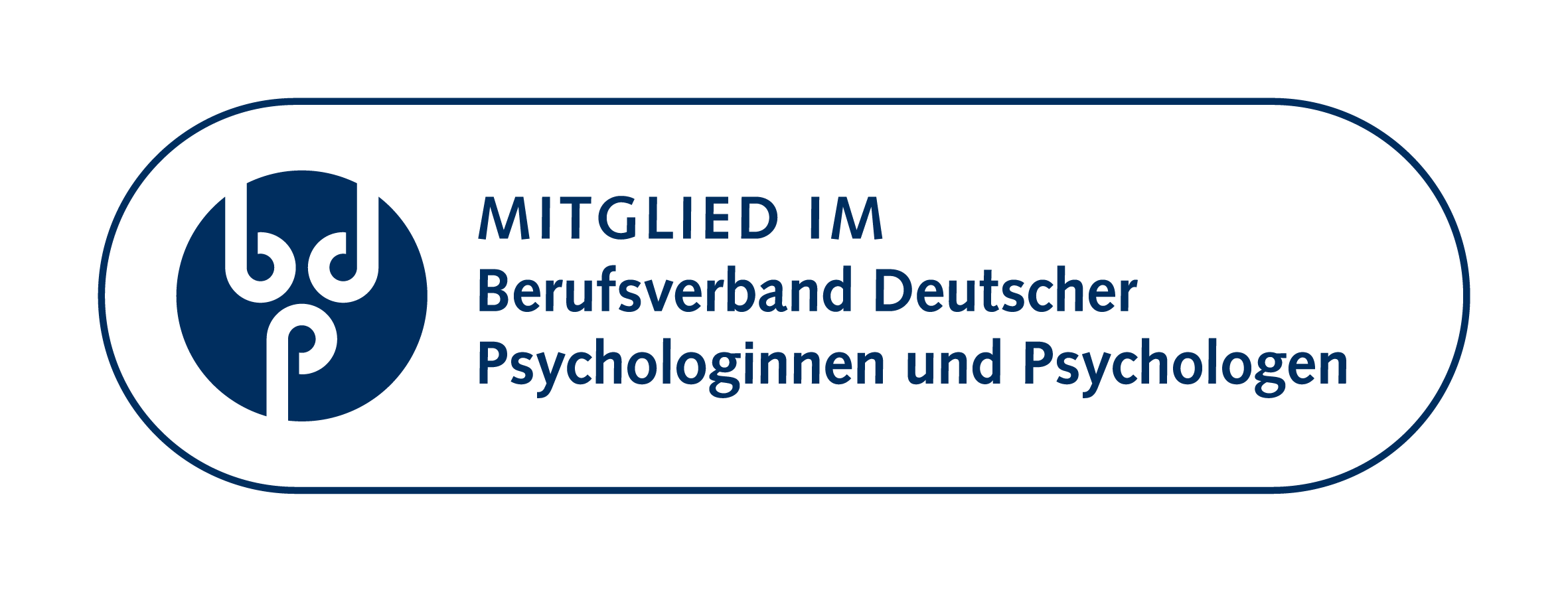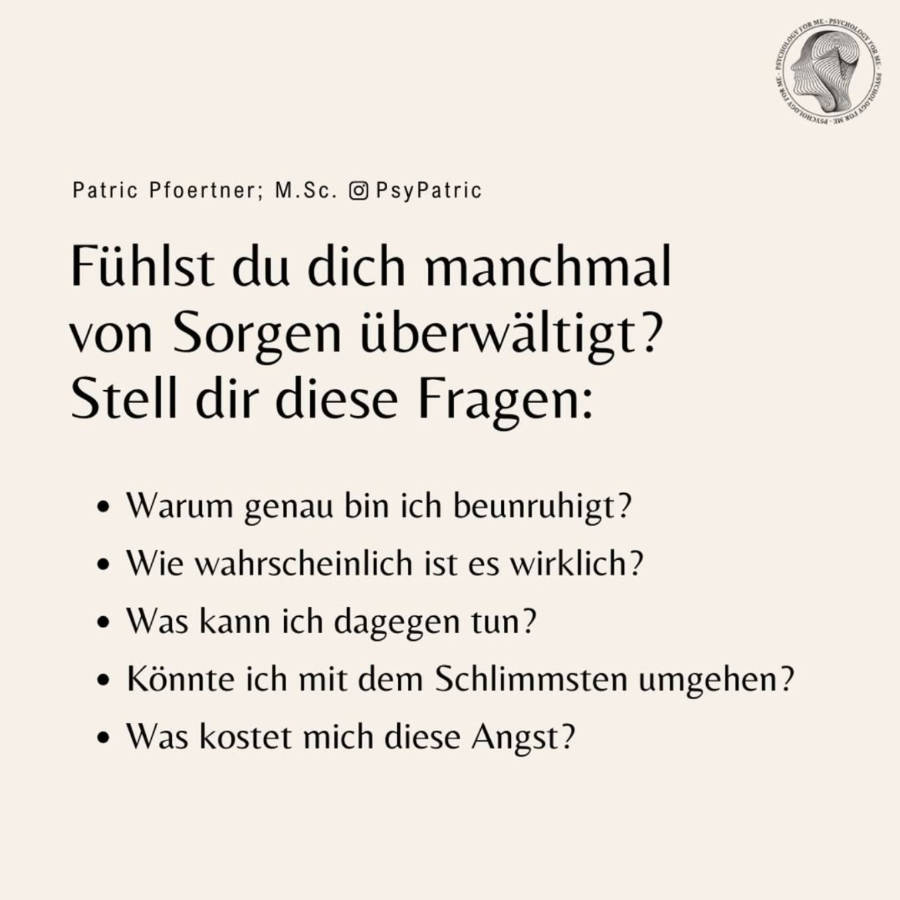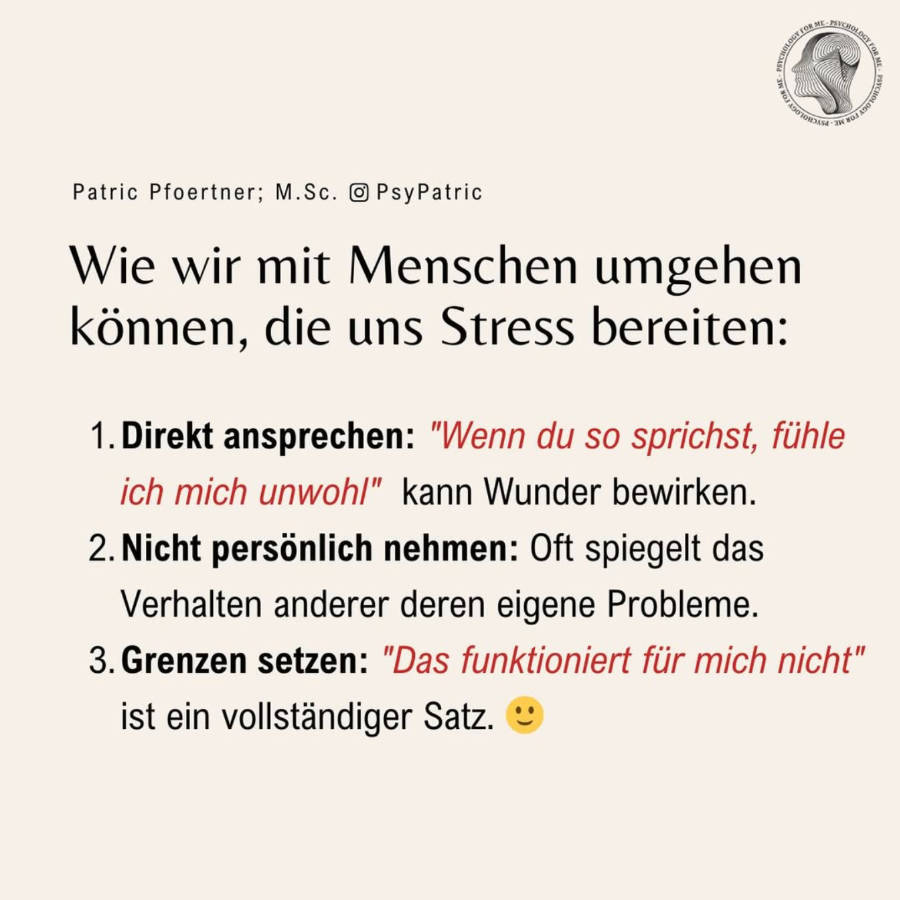Understanding Your Heart Worries: A Path to Peace
It's natural to be concerned about your health, especially when it comes to something as vital as your heart. Many people experience occasional worries about their cardiovascular well-being. However, for some, these concerns can become overwhelming, leading to persistent anxiety and distress, even when medical examinations show no significant issues. This experience, often referred to as 'cardiac neurosis' or heart-focused health anxiety, can significantly impact daily life.
As a psychologist, I understand how deeply unsettling these feelings can be. You might find yourself constantly monitoring your body, seeking reassurance, or avoiding activities you once enjoyed, all out of a profound fear for your heart's health. You're not alone in these experiences, and acknowledging them is the first step towards finding relief.
People often have many questions when their heart worries become persistent. You might be asking yourself:
- "Am I truly unwell, or is this just anxiety?"
- "Why do I keep feeling these symptoms even after doctor's visits?"
- "How can I stop constantly checking my pulse or worrying about my chest?"
- "Is it possible to live a normal life without this constant fear?"
- "When should I consider seeking professional help for my heart worries?"
Our Heart-Focused Health Anxiety Self-Assessment is designed to help you gain clarity on these very questions. This confidential tool offers a snapshot of your current concerns, helping you understand the nature and intensity of your heart-related worries. Specifically, this test helps you:
- Identify patterns of thought and behavior related to heart-focused health anxiety.
- Understand how much your worries might be impacting your daily functioning and emotional well-being.
- Gain initial insights that can guide your next steps, whether that's further self-exploration or seeking professional support.
It's important to differentiate between a healthy awareness of your body and a cycle of anxiety. While medical check-ups are crucial for diagnosing any underlying physical conditions, persistent worries in the absence of a medical explanation often point towards anxiety. This anxiety can manifest with very real physical symptoms, such as rapid heart rate, chest tightness, or shortness of breath, which can then reinforce the belief that something is physically wrong, creating a distressing loop.
Taking a moment to honestly reflect on your experiences through this self-assessment can be incredibly empowering. It provides a structured way to acknowledge your feelings and recognize areas where you might benefit from support. Remember, recognizing that anxiety is playing a role is not about dismissing your symptoms, but about understanding their origin and finding effective ways to manage them.
If your results suggest a significant level of heart-focused health anxiety, or if you simply feel overwhelmed by your worries, please know that professional support is available and highly effective. A psychologist can help you explore the roots of your anxiety, develop coping mechanisms, and guide you towards a life where you feel more in control and less burdened by fear. Taking this step is a sign of strength and a commitment to your overall well-being. You deserve to live a life free from constant heart-related worry.
























